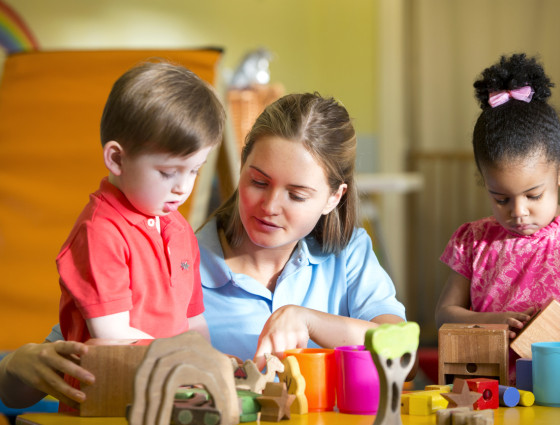The Health Visiting Teams and Early Years settings work together on the integrated check at 2; the process provides parents with a seamless and comprehensive insight into their child’s health and development needs.
The 2-year check should be completed by the Early Years setting and the Health Visitor (HV) or Community Nursery Nurse (CNN) will complete their review before the child turns 30 months.
If a child has not received the health check with either a HV or CNN, either ask the parent to chase or Early Year’s Setting to contact HV team through WCC Children’s Secure Portal.
Step 1: Early Years setting completes the progress check.
Step 2: If you have no concerns: Early Years settings share the outcome of the check with parents.
Step 3: If you have concerns such as:
- poor attendance
- poor diet
- development
- behaviour
- poor oral hygiene
- concerns about home environment
Early Years settings share the outcome of the check and their concerns with parents.
If the parents’ consent, you should refer to the Health Visiting team as appropriate:
Send a copy of the child’s completed progress review via WCC Childrens Secure Portal to relevant District.
Please note:
If you have identified speech and language issues, please refer to Speech and Language Therapy services in liaison with parent/carers. There is no requirement to flag these children to the health visitor as you have already made the referral.
If health services are already involved with the child and are supporting with their development (i.e., known to pediatrician, child development center or physio etc.) you are not required to send information to the health visitor. Please only send information to the health visitor on children whose needs are newly identified and need further support.
A notification can also be made to the:
Step 4: NHS Admin to inform named Health Visitor.
Step 5: Named Health Visitor to add information to the clinical note and liaise with Early Years Setting if necessary.


 Facebook
Facebook X
X Email
Email WhatsApp
WhatsApp Messenger
Messenger